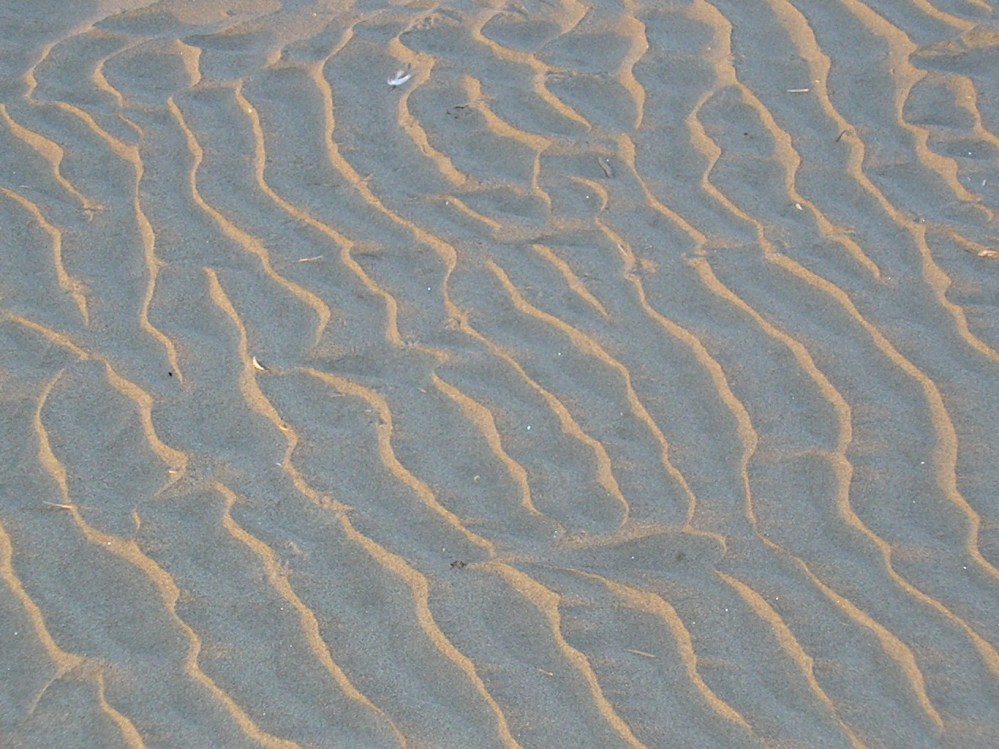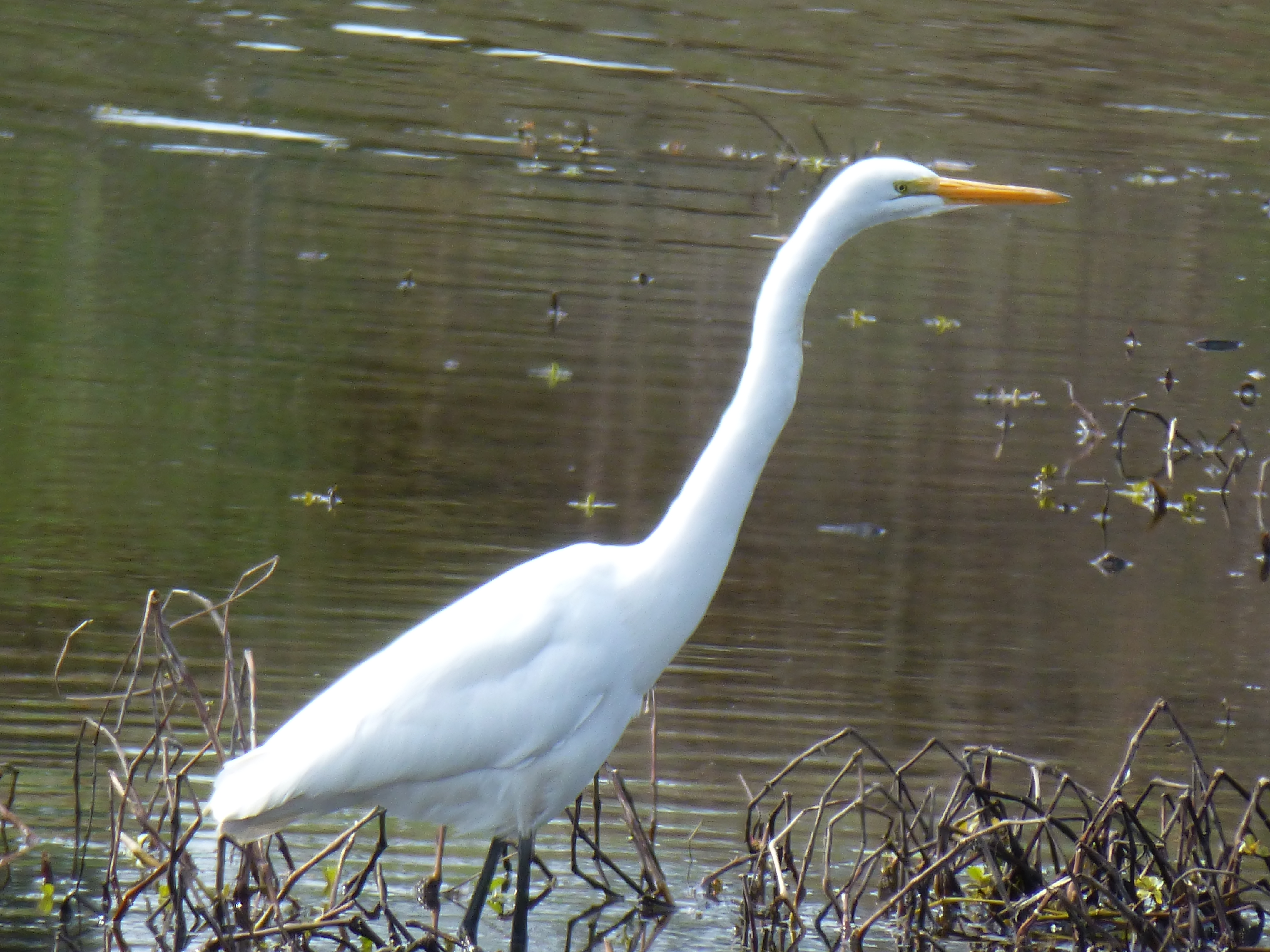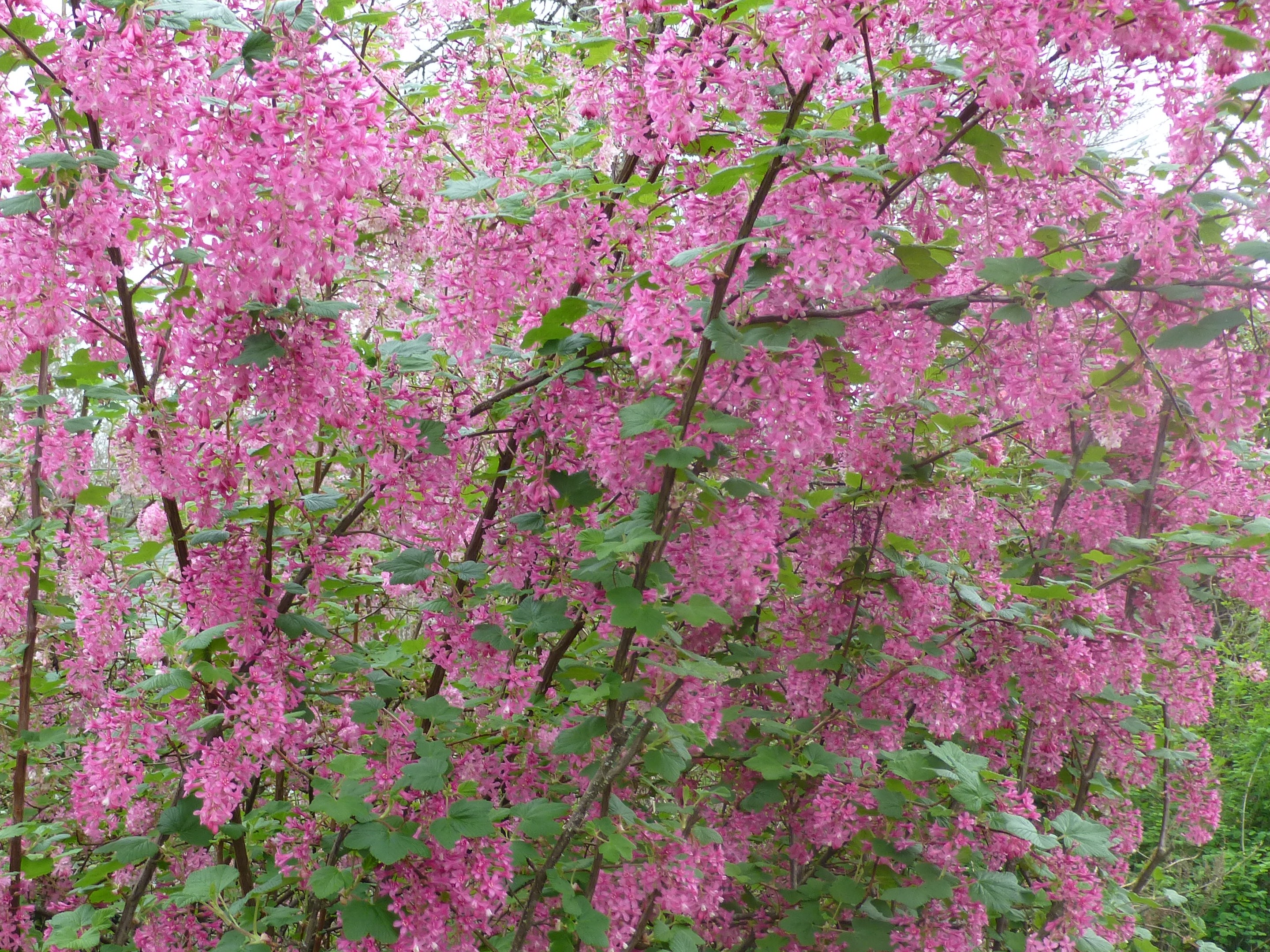Ecofeminism: an Outline
(You can also view class lectures in ecofeminism here)
By Madronna Holden
Ecofeminists express a variety of theoretical dimensions, but they share the following understandings:
- Feminist and ecological perspectives are interdependent. One cannot ensure the liberation of women without re-valuing the natural world, which Western tradition has connected with the “feminine”. In turn, the destruction of the natural world has gone hand in hand with the oppression of women, and only through the liberation of women (and all that is considered “feminine” in patriarchal societies) can we honor, protect and affirm the live-giving qualities of our world.
- There is an intrinsic relationship between the way in which we treat the natural world and the way in which we treat one another. Dualism and hierarchy are traits of patriarchy, which underlie the oppression of women and destruction of natural systems. Colonialism, racism and the disparity between the rich and poor are other tragic results of patriarchal hierarchy. Racism and poverty serve to maintain the patriarchal system politically, economically, and psychologically– and to justify and amplify the destruction of natural systems. Thus ecofeminism is seriously concerned with environmental racism and what Vandana Shiva has termed “maldevelopment”– which industrialized nations and their corporations have created in the third world.
- Elite knowledge (such as too much of Western science) must be questioned from the perspective of its methods, its social results, and its cultural and historical context– and thus, its reliability. Historically, Western scientific method has played an essential part in the oppression both of women and of nature. Francis Bacon, sometimes dubbed the “father of modern science”, quoted the language of the witch trials to indicate the ways in which the scientist should treat nature by “torturing her secrets from her”. An alternative science based on the intimacy and equality between human/nature and man/woman is needed to replace dominating systems of knowledge. This new science, in partnership with nature, may be derived from a combination of indigenous knowledge systems and the work of Euroamerican scientists who are developing what ecofeminists have termed “deep science” (after “deep ecology”).
- Given the function of dualistic and hierarchical thinking in maintaining oppressive social systems, ecofeminism must be dynamic and inclusive, open to continual dialogue as it develops. Ecofeminist theory thus seeks to emulate the dynamic quality of the living systems it honors.
- Individual human beings are responsible for their actions and their use of their power. Certainly, those who oppress others are culpable for their actions. However, “essentialism” and labeling must be avoided. The critique of patriarchy does not imply that all men are bad and women are good (nurturing, egalitarian, etc.) As does feminism, ecofeminism draws a distinction between sex (the physical differences between men and women) and gender (the meaning a given society assigns to those differences). It is the oppression of the patriarchal gender system that ecofeminism critiques. This system certainly hurts women– even as it often puts men in a position of oppressing women. That system is also inherently destructive to the poor, children, racial minority groups, indigenous peoples, and the natural world itself. But it cannot be overlooked that this system also hurts less privileged men in its classism and racism. Indeed, it ultimately hurts all men in that it undermines human intimacy, our quality of life– and now, our very human survival on this planet. Given this, there are a number of men who consider themselves ecofeminists. An example is the physicist Brian Swimme, whose essay, “How to Heal a Lobotomy” appears in Diamond and Orenstein, eds. Reweaving the World: the Emergence of Ecofeminism”.
- Ecofeminists look for many of their insights to an analysis of the historical and cultural contexts in which the human and the natural (as well as men and women) have been anciently interwoven. In this sense, ecofeminists honor the wisdom of contemporary indigenous writers, in addition to supporting the concerns of their communities as they fight for their own survival against racism and “maldevelopment”
- The goal of ecofeminism can be summed up in the words of Vandana Shiva: ecofeminism seeks to create “a democracy of all life.”
What would an ecofeminist society look like? Here is an outline for an “earth democracy” adapted from Vandana Shiva’s book, Earth Democracy, pp 9-11. According to ecofeminists such visions reflect feminist values not because only women can hold them, but because they counter the patriarchal model that dominates women and nature together. Here is great short interview with Shiva that outlines Shiva’s major points.
- All species, peoples, and cultures have intrinsic worth.
- The earth community is a democracy of all life.
- Diversity in nature and culture must be defended.
- All beings have a natural right to sustenance.
- Earth democracy is based on living economies (that is, living ecological systems) and economic democracy.
- Earth democracy is based on local economies: economies that provide direct subsistence from nature rather than from extractive global markets.
- Earth democracy is a participatory democracy in which people have knowledge and power to influence actions that effect their lives and livelihood.
- The human cultures of an earth democracy promote peace and create free spaces for the practice of different faiths and identifies.
- Cultures in an earth democracy are life nourishing.
- Earth democracy globalizes peace, care and compassion.
There is a good additional introduction to ecofeminism (which also includes ideas of Val Plumwood).
This outline of ecofeminism is copyright 2008 by Madronna Holden, but feel free to link here and share. And feel free to contact me for permission if you wish to copy or cite it.
Here are a few of the related essays on this site:
Taking back the power to nurture
Partnering with the natural world
Misusing Darwin: How a limited view of survival of the fittest makes us unfit for survival
The Dangers of Pricing the Priceless
Caring and Fore-caring: Watching over the commons
Nightmares and Horsepower: Domestic Powers in the More than Human World
A Dangerous Reverence: Destroying What We Love
The Green Revolution, Whoops!– The Women of Bangladesh Offer an Alternative
Breast Milk and Salmon Waters: Shared Contamination and What to do about It
Diplomacy with the Nations of Life
The Story Given to Me by Seals
Elder Agnes Baker Pilgrim: Honoring the Water
Also you might want to check out the websites under Women’s Issues” on the links page here.
— And I want to thank my student Shawn Hanel for spotting the excellent interview on utube that sums up a number of ecofeminist ideas.








































In classes I have seen ecofeminism referenced, yet up until this point I have not gotten such a succinct definition. I may not agree with all of it, but understanding its views and values is important. Thanks
After reading this outline, I feel that patriarchy should be redefined. I feel that the current patriarchy isn’t just male based anymore. There are lots of women out there in “top-seat” roles doing the opressing of not only women but men as well.
After reading, “Dualism and hierarchy are traits of patriarchy, which underlie the oppression of women and destruction of natural systems. Colonialism, racism and the disparity between the rich and poor are other tragic results of patriarchal hierarchy. “, I strongly feel that patriarchy is incorrectly defined to fit the current situation. As I said before, there are many women out there in the role or the opressor and not of the opressed. And, as much as i agree that racism is a result of patriarchy, I personally know more women than men who are extremely racist (I do live in a small “redneck” type town).
“An alternative science based on the intimacy and equality between human/nature and man/woman is needed to replace dominating systems of knowledge.” I completely agree with this statement. I believe that if you don’t understand or connect with something, then fixing the issue at hand is a lost cause. After thinking about it, the issues between women and men, and humans and nature are very similar. We don’t understand one another well enough just yet. There are communication and respect issues in both cases. If we don’t get an intimate connection between women and men – there are respect and communication issues. Same with humans and nature. If we don’t connect or understand nature – we as a race don’t see it’s importance, and so we destroy it. If there was more respect for nature we’d have a lot less concrete, and a lot more trees.
Hi Becky, thanks for your thoughtful comment.
I certainly agree with you that the dominating system that we have encourages the structure in which some women wind up oppressing others. The term patriarchy–as used, for instance, by Thomas Berry, as described in another essay on this site– in no way implies that all men are oppressors and women are conscious and egalitarian. I also disagree with the notion of any hierarchy of oppression arguing who is the worst oppressed.
I do think that the concept of patriarchy is a useful one for analyzing a system in which women all over the world have relatively little social and economic power– as indicated in the world “gender gap” report linked here. Or the report on women and violence by the UN that states that in many countries it is more physically dangerous to be a woman (because of domestic violence) than it is to be a man on the front line of a given battle.
I do think that women like the thirteen grandmothers exhibit the potential in women’s coming together for the sake of the children of the future and the earth we share. This is not always an instant and easy coming together: I am this weekend attending a ceremony of reconciliation between local native and non-native women that acknowledges the grief and suffering– and historical responsibility– of the history of colonialism here.
I agree with you that in whatever ways we can come together to heal (the word itself means making whole) the breaches between humans and between humans and the earth that sustains us are very important.
It is my hope that the recognition of our need to care for our shared earth (as you indicate in your last statement) is that motive that might finally allow us to treat one another with respect.
Thanks again for your comment.
It’s always interesting to find out that one’s beliefs actually are shared and have a name. I’ve said for years (only half-jokingly) that men shouldn’t be allowed to have decision-making roles due to testosterone impairment… we should be the hunters, to be sure, but not the chiefs. We males tend to be excellent with concrete, specific tasks but if you look at European and American history, you see aggression and impatience and pride behind so many poor decisions. We do indeed need our Wise Women if we are interested in an Earth Democracy , and I happily climb on the ecofeminist bandwagon.
Thanks for your comment and support of women, Patrick. I think this is not so much about any “nature” of men–such as testosterone (though I could be proved wrong) but about a system that oppresses so many. It is a pointed historical fact that earth-centered and women-centered systems tend to be egalitarian– and dominating systems male-dominated. But I think we can also attribute this to the fact that women, who tend to be in charge of children (though not SOLELY in charge of them in all cultures), are not thereby usually at the forefront of battles–which are the mainstay of domination-based societies.
But then, Takelma Siletz elder and chair of the Thirteen Indigenous Grandmother Aggie Pilgrim says we need some women’s energy in leadership positions to change things–and I am not foolish enough to contradict her!
The more classes that I take about environmental issues, women’s issues, and so on and so forth, I see “ecofeminism” repeated more and more in my mind. It was until now that I could care less about it. We need to redefine the patriarchy because it is mostly full of men. Since women are pretty high up in the totem pole now we need to basically start redefining history so that women are more and more involved. Voices need to be heard and women need to speak up when it revolves around issues that we are mostly related to. We need to fight for our rights. Even as a woman, I still feel as though the right to vote is useless. We are still thought of as if we are our own indegenous society when we clearly are not. Women have been roaming the earth just as long as men have. Why not listen to us and put us as an equal or first for a change?
I am not sure what you mean by “women are pretty high up on the totem pole now”, Jennifer. One out of three women globally will be abused in her lifetime and in certain countries, it is more dangerous (according to UN stats) to one’s survival to be born a woman than to fight on the frontlines of a war. Moreover, the US is way down on the equity scale between men and women drawn up with objective measurements such as salary differentials (see here: http://www.weforum.org/).
It is no surprise that you might feel voting is not enough.
Check out the links under “women’s issues” to see some groups that agree with you about women’s speaking up.
1. All species, peoples, and cultures have intrinsic worth.
You would think this value would be a no-brainer in modern society but, unfortunately, it is not. I like the idea of ecofeminism and support the liberation of all oppressed people and a democracy of all life. It is true that women are more likely to suffer from poverty, which makes them more likely to end up living in marginalized areas. I don’t think young modern American women really understand that we still live in a pretty oppressive society here. We still only make about 73% of what a man would make in our same position. We are also severely underrepresented in governent. That is not “equal”. I don’t know about other women, but I always seek out female physicians for the simple fact that I believe they have a better understanding of the issues I face. Wouldn’t you want your elected representatives to have a better understanding as well?
I recently learned about women and water gathering in developing countries. The responsibility for obtaining water always falls to the woman. When there are problems with availability of clean water women walk for hours to a water source, and then walk for hours again carrying sometimes 100 pounds of water all the way back!
I’m pretty excited about having read this outline. I have seen Vandana Shiva in several documentaries recently and have a great deal of respect for her viewpoints. This just reinforces my idea to find out more about her – I look forward to reading Earth Democracy!
I think you are right about the lack of awareness of women in the US, Anna. The World Gender Gap Report (see our links page) lends some serious perspective here. I sometimes find that younger women also do not understand how much of a historical struggle the rights they do have has taken to garner.
I am glad you will be reading Earth Democracy! Shiva is inspiring in a number of ways.
I like Becky Fillmore’s post and her insight about how, “issues between men and women and humans and nature are very similar,” in regard to respect. This article and its responses are very thought provoking. I will begin by explaining my recent back ground: I am a white male, I just left Southern California where I served in the Marine Corps for 8 years, and I am married. I agree that the commonly perceived male patriarchal view has been changed to include women who have abandoned many important feminine qualities that by their own accusation made them “weak”. Those dismissed qualities are many that I cherish in my wife. I learn from my wife as often as she learns from me. Our thought processes are on completely different ends of the spectrum, but I am certain that we help improve each other. I have viewed the world from the Patriarchal standpoint and to be honest have never looked in depth into Eco-feminism until now. But I feel slightly threatened by its placing a “non-minority” male against all minorities and women. My wife and I work as a team, before I make a decision I consult with her, seeking her input. I respect her for her obvious femininity, her compassion and nurturing, her insight and her strength, attributes I relate to nature. But just as much as she balances me, I balance her. We were made to supplement each other. Respect is the link, and I believe somewhere along the way we have begun thinking that nature is fine without humanity; but as I balance my wife, I also believe that humanity balances nature.
I can see how some people abuse the definition of Patriarchy, but some people also abuse the definition of Eco-Feminism.
Thank you for sharing your personal assessment with respect to this theory, which is appropriate, Michael, given that there is hardly anything more personal than our sexual identities. Note that ecofeminism’s tenets as listed here do not find “white males” or “males” in general as the “problem”– but instead critique systems of domination and oppression that have undercut the possibility for humans to relate to one another in precisely the way you describe in your marriage I don’t think it says here that ecofeminists try to undo things that are “weak” in women– in fact, it is a misconception that feminists want to assume male roles in society or replace men in those roles. Though some do as an aspect of equality, many– such as ecofeminists– focus more on reclaim and re-empower traits like care and nurturance and vulnerability–and yes, balance– that have been devalued in the cultural context that allows the oppression (rather than legitimate and responsible authority) of some over others instead. To follow your own better sense of Christianity, I would critique the ethics of a society that rewards greed and has resulted in so many hungry children.
One thing I see as missing in our culture is the linkage between nurturance and power: that is, those in power in our culture generally lack nurturance; and those who fulfill roles of nurturance in our society have relatively little economic or political power.
In reading this essay nature is described as feminine and in our other readings there was reference to the feminine qualities of earth with its rounded hills and valleys. It made me think that rarely in nature have I observed naturally occurring on the landscape phallic symbols. Yet in almost every industrialized nation these symbols are observed, the Washington monument, the Eiffel tower, skyscrapers etc. I know it’s an odd thought but ties in nicely with the western view of domination of the earth, conquring even the landscape, as expressed in our contrasting worldviews document..
You are not the only one who has noticed such contrasts, Erin. It is also interesting to note in ancient societies of Europe (over 5000 years ago) that have been dubbed “partnership” societies by archeologist Marja Gimbutas, both types of gendered symbols exist.
Perhaps it is because of the circles in which I run, but from my perspective (and I hope this is true) it seems that the notion that empowering women is one of the most important ecological choices we can make is taking hold and growing, albeit slowly and quietly. I wonder why it is that in all the talk done by politicians about saving the environment this simple idea isn’t discussed. Globally, women must be given the freedom to limit their reproduction. Most women when given the option limit their pregnancies to two, unless something happens to the children. When this occurs, not only will we have a dramatic reduction in human birthrates and therefore a reduction in human population and human strain on the planet, but women will have more time and energy to dedicate to each child, to local and global concerns, and to bettering themselves. Imagine the music, art, writings, and dance that could occur then!
The Francis Bacon quote you gave about “torturing [nature’s] secrets from her” is really disturbing. It seems so immature! Children torture animals to see what happens. That’s not science; it’s monstrous.
And the children in all cultures do not obtain knowledge in this way. In the Pacific Northwest, (in initiation quests) they would fast and make themselves vulnerable the natural world so that some there would communicate with them.
It is true as you point out and too little publicized that the primary way to stabilize population anywhere is to give women economic and political power, as shown in one UN study after another.
I am heartened by the fact the Nobel Peace Prize was this year awarded to three Third World Women, with a statement indicating that peace, justice and environmental well being go hand in hand with the well being of women.
In general I understand and agree with your philosophies. However, I also believe that a great deal of the subversion of women comes from the women themselves. Inherently, in a professional realm most women tend to be quieter and reserved in comparison to men. I attended a great seminar promoting women in management and leadership positions. The simplest statement has stayed with me decades later. In business, men tend to agree to the job and jump in with both feet, learning as they go, and fixing mistakes as they arise. Women tend to want to know all aspects of the job, what is needed, take the time to develop the skills required, and then cautiously begin so mistakes aren’t made. Unfortunately this is one reason for the “glass ceiling” effect. In comparison, the men are seen as the go-getter types and more ambitious, while women are hesitant and detail oriented. In a competitive world, ambition is rewarded while conscientiousness is less important. I do think getting the job done right the first time is better than needing to fix mistakes. However, I also believe women will succeed further if they take more risk, have less fear of failure, and are seem as ambitious as the men often do.
Your paragraph about scientific methods is accurate, however I feel you left out the reasoning behind this methodology: culture of the time period. The culture of the time period must be considered when determining why things have progressed they way they have. I agree that the scientific world has been dominated by men. Many women were great scientists and greatly promoted the field to where we are today. However, in doing so, they were ridiculed and sacrificed their personal lives and families for the promotion of a career. In turn, it was not quite as you said, that “… Western scientific method has played an essential part in the oppression both of women and of nature,” but that Victorian culture stated that the women’s role in society should be at home, rather than in the workplace, which then led to the scientific movement being more male dominated, as with most professions. The cultural positioning of the sexes led to oppression of women. Nature is as feminine, and unfortunately once again, needing to be tamed and put into her place. Do you disagree?
I think there is an alternative to the proposition that women “take more risks”– since the major problem with risk-taking in this (business) culture is that leaders are financially rewarded for risking others– with environmental toxins, for instance. We need, as you note, a different cultural context. And whereas I do agree that we tend in the society today to link women with the natural world, this has not always been true for all cultures–especially those who see both men and women as part of nature.
There have certainly been inter-connections between Victorian worldviews and inhibiting views of women; however, some of science's problems (see the Structure of Scientific Revolutions) have to do with the lack of flexibility in shifting paradigms in general rather than with women OR the Victorian era.
I do have a problem with any advice telling women (or blacks or natives or the unemployed for that matter) just to put themselves out there in the industrial cultural context so that they can succeed. There are important analyses to be made (as Tannen does) with respect to differing male and female leadership and communication styles and even ethical thinking that is also linked to our cultural gender distinctions.
But I want to be VERY careful in avoiding stances linked to the intimation that all the less privileged in our culture need do is "get over it".
I completely agree with you on most of the points. It is a travesty that there is financial reward linked to risking others and less with ourselves. Greed is a powerful motivator. I also agree that the the previous culture of suppression within our American society is linked to the rigid mentality of the Victorian era as compared to a gender issue.
However, I disagree to a degree regarding the drive to succeed. First, let me be clear, I develop an underlying anger when I hear anyone say “get over it,” to someone else. This is one of my most disliked phrases, along with the word “hate,” and the apathy commonly associated with “oh well, I don’t know what to do, so I won’t do anything.” People are a product of their past, and therefore they can never “get over it” but they can choose to to be hindered or grow from their circumstances. We do need to take responsibility for our motivators. Men and women are very different in leadership styles, some for the better, some for the worse. Generally speaking it is the system that is flawed. However, it is the motivated person who chooses to seek out education and therefore propel themselves into a different aspect of our societal customs. It is the risk taker who eventually grabs hold of a notch in the flawed system and gradually unravels the thread that can eventually allow the fabric to be rewoven in a more balanced way.
I agree that those who are relatively displaced in the contemporary system are not completely powerless, especially when they link with others in community. However, much as it would be great to believe that we live in a system where effort is rewarded in this way, I think that for every two who “make it”, hundreds do not–and it is not a matter of choice or merit that distributes these successes in an unequal system.
I would not encourage apathy nor self-victimizing (to add to what the system carries out) but I would not say in general that risk-takers (especially risk takers who are part of vulnerable classes in an unequal system) are any better off than others.
I would encourage those who work on creative solutions in response to their situations and those who join in community with others. And I believe that each of us has an irreplaceable role to play in the circle of life and once we find our path, that imparts meaning and belonging that may create very different “success” than the stereotypical one in this society. Perhaps your personal path is to be a self-defined risk taker…